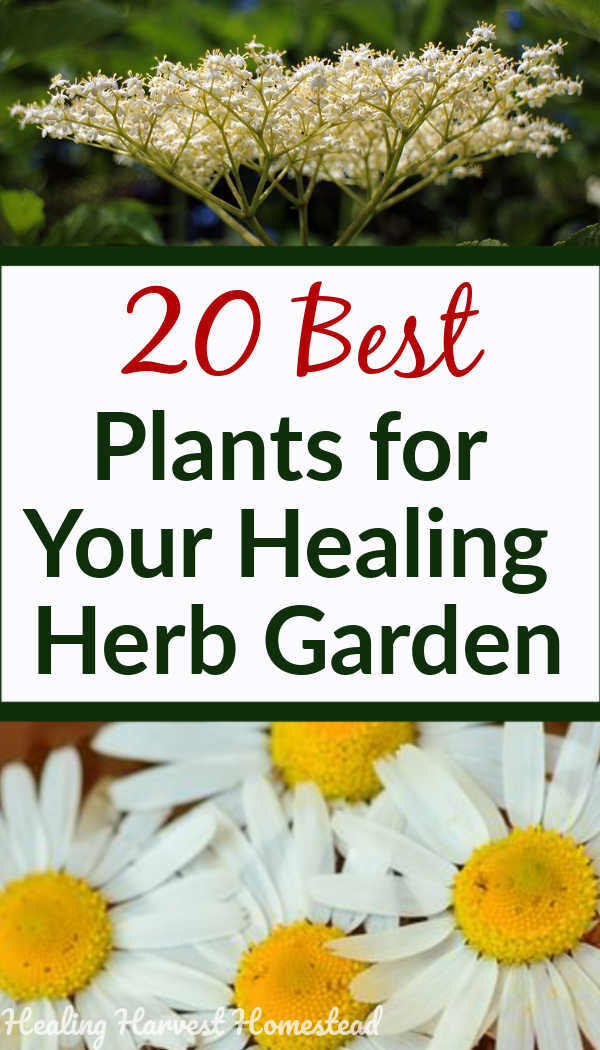Growing Medicinal Herbs, Beginner's Guide

Growing Medicinal Herbs for Beginners: A Comprehensive Guide
Ever thought about growing your own natural pharmacy? Growing medicinal herbs for beginners is not just a rewarding hobby but also a fantastic way to have herbal remedies at your fingertips. Let's dive into this world of green therapy and explore how you can cultivate your own medicinal plants.
Why Grow Medicinal Herbs?
Imagine having a cure for minor ailments right in your backyard. Growing medicinal herbs is like having a home herb garden that's both beautiful and functional. It's economical, eco-friendly, and incredibly satisfying. Plus, it adds a whole new dimension to your gardening tips repertoire.
Getting Started: Easy Herbs to Grow
Starting your medicinal herb garden is easier than you think. Some easy herbs to grow include:
- Peppermint: Great for digestive issues and adds a refreshing touch to teas.
- Lavender: Known for its calming effects and lovely scent.
- Chamomile: Perfect for soothing teas and relaxing baths.
- Aloe Vera: A must-have for skin irritations and burns.
Choosing the Right Medicinal Plants
When selecting your medicinal plants, consider your climate, soil type, and the specific herbal remedies you're interested in. Some herbs thrive in full sun, while others prefer shade. Do your research to ensure you're giving your plants the best chance to flourish.
Preparing Your Garden
Before you start planting, prepare your garden bed. Ensure the soil is well-draining and rich in nutrients. Adding compost can significantly improve soil quality. Remember, a well-prepared garden is the foundation for healthy plants.
Planting Your Medicinal Herbs
Once your garden is ready, it's time to plant. Follow the seed packet instructions for depth and spacing. Water your plants gently but thoroughly after planting. Regular watering is crucial, especially during the early stages of growth.
Caring for Your Herb Garden
Caring for your home herb garden involves regular watering, weeding, and pruning. Keep an eye out for pests and diseases. Organic pest control methods can help maintain the health of your plants without harsh chemicals.
Harvesting and Storing Your Herbs
Knowing when and how to harvest your herbs is essential. Generally, the best time to harvest is just before the plant flowers. Dry your herbs in a cool, dark place to preserve their medicinal properties.
Creating Herbal Remedies
Now that you have your herbs, it's time to create some herbal remedies. Teas, tinctures, and salves are just a few ways to use your medicinal herbs. Experiment with different recipes to find what works best for you.
Common Medicinal Herbs and Their Uses
Let's take a closer look at some common medicinal herbs and their uses:
- Echinacea: Boosts the immune system and helps fight infections.
- Garlic: Known for its antibacterial and antiviral properties.
- Ginger: Great for digestive issues and reducing inflammation.
- St. John's Wort: Often used to treat mild depression and anxiety.
Gardening Tips for Success
Here are some gardening tips to help you succeed:
- Start Small: Don't overwhelm yourself with too many plants at once.
- Keep a Journal: Track your planting, harvesting, and any issues you encounter.
- Rotate Crops: This helps prevent soil depletion and pest problems.
- Learn Continuously: Gardening is a lifelong learning process.
Indoor Herb Gardening
Don't have outdoor space? No problem! Indoor herb gardening is a fantastic alternative. Many herbs thrive in pots and can be grown on windowsills or under grow lights. Check out this guide for more tips on growing medicinal herbs indoors.
Troubleshooting Common Issues
Even the most experienced gardeners face challenges. Common issues include pests, diseases, and poor soil conditions. Stay vigilant and address problems early to keep your plants healthy.
The Joy of Growing Medicinal Herbs
Growing medicinal herbs is not just about the end product; it's about the journey. The satisfaction of nurturing a plant from seed to harvest is unparalleled. Plus, you get to enjoy the fruits of your labor in the form of natural remedies.
Conclusion
Growing medicinal herbs for beginners is a rewarding endeavor that combines the joy of gardening with the benefits of natural healing. With a bit of knowledge and care, you can cultivate your own home herb garden and enjoy the wonders of herbal remedies. So, why not give it a try? Your green thumb and your health will thank you.
FAQs
What are the easiest medicinal herbs to grow? Some of the easiest medicinal herbs to grow include peppermint, lavender, chamomile, and aloe vera.
How do I prepare my garden for medicinal herbs? Prepare your garden by ensuring the soil is well-draining and rich in nutrients. Adding compost can significantly improve soil quality.
When is the best time to harvest medicinal herbs? The best time to harvest medicinal herbs is generally just before the plant flowers.
How can I use medicinal herbs? Medicinal herbs can be used in various ways, including teas, tinctures, salves, and more.
What should I do if my medicinal herbs get pests or diseases? Address pests and diseases early using organic pest control methods to maintain the health of your plants without harsh chemicals.
0 Response to " Growing Medicinal Herbs, Beginner's Guide"
Post a Comment